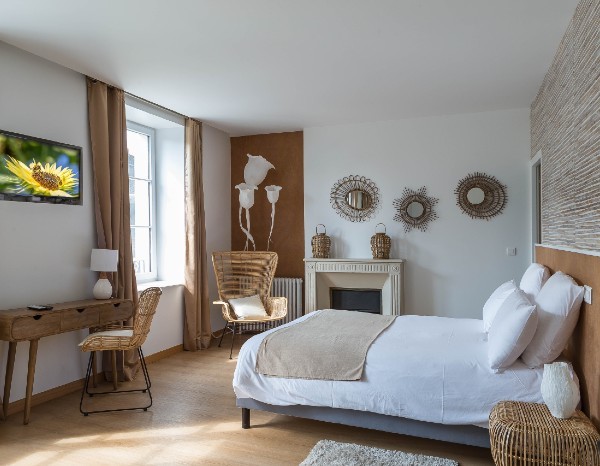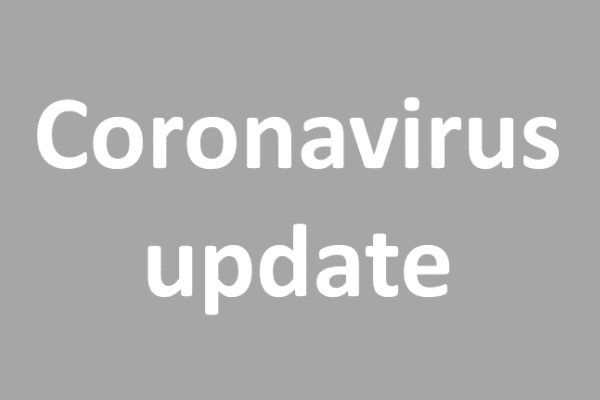
The children are gone and there is an unoccupied 'spare' room. Apart from using the room as extra storage, renting it out is an option that can bring in some extra cash. The trend for letting spare rooms is increasing with websites such as Easyroommate, Gumtree and Hosts International making it simple to find someone to use a spare room on a long-term basis. There are tax implications, but you may find that there is no or little tax to pay.
Rent a room relief
'Rent-A-Room' relief allows property owners who let out spare furnished rooms in their only or main home to receive up to £7,500 per annum gross and not be subject to tax. The relief is automatic where the rental income is less than the threshold.
If the rent received exceeds £7,500, the first £7,500 is tax free, income tax being paid on the balance. However, the limit is not reduced if the room is let for less than 12 months, or if rented for only one month or just rented out in term time.
To claim the relief, the owner and lodger must occupy the property for at least part of the letting period in each tax year of claim. A comparison can be made year on year and the method changed to cater for whichever produces the better result. The claim is made by a tick in a box on the tax return.
Property Allowance
The Property Allowance is only available to individualsand provides full tax relief if an individual's property income for the year is less than £1,000. If the allowance covers the income, a tax return is not required unless the landlord has other income subject to self-assessment. However, landlords who qualify for relief in one year need to monitor their property income year on year as if it goes above £1,000 they will be required to register and submit returns.
A partial relief claim is available where the property income exceeds £1,000. Under this claim a landlord can choose either to:
- Deduct actual property business expenses from the income in the usual way; or
- Elect for the £1,000 property allowance to be given as a deduction from income instead.
A mixture, or both?
A 'rent-a-room' property cannot also qualify for the Property Allowance nor is it available should the landlord qualify for 'rent-a-room' relief but chooses not to claim. Therefore should the income exceed the £7,500 'rent a room' limit a claim for Property Allowance cannot be claimed instead. As such, the Property Allowance is most likely to benefit landlords of commercial property lettings or holiday homes with minimal expenses. The 'rent a room relief' is more likely to be tax efficient for those with a 'spare room to fill.
The information provided in this blog is for general informational purposes only and should not be considered professional advice. As far as we are aware, the content is accurate at time of publication. Torgersens assumes no responsibility for errors or omissions in the content or for any actions taken based on the information provided.








